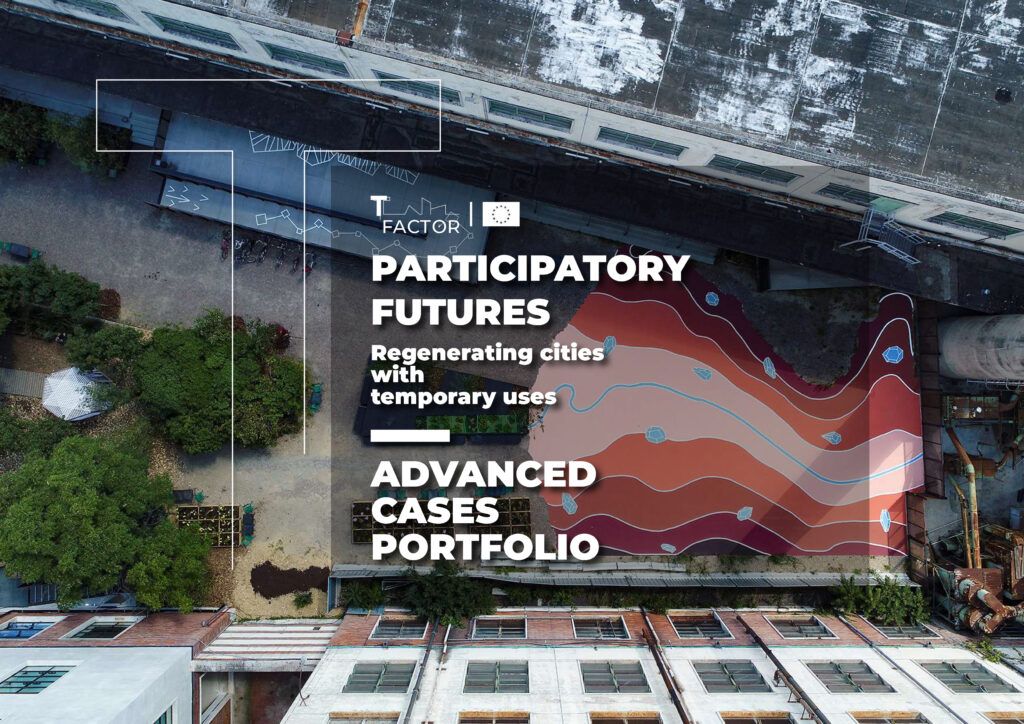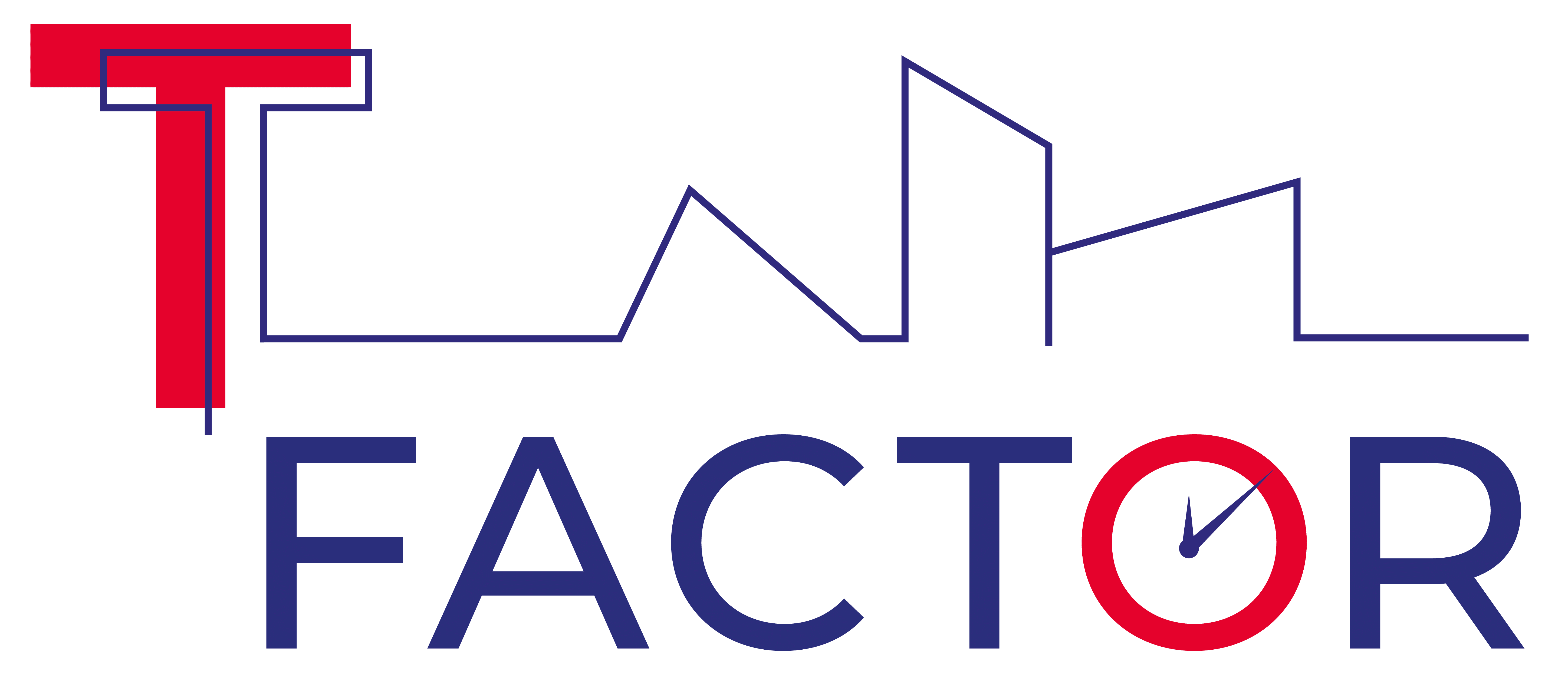Dortmunder U and Union Quarter: the role of meanwhile use in urban regeneration

Dortmunder U and Union Quarter: the role of meanwhile use in urban regeneration. Download the document
D7.1 Theory of Change

T-Factor’s Theory of Change. Download the document
D2.2 T-Factor Pilots: Regeneration projects, Masterplans, Temporary Uses

This document analyses six early-stage regeneration projects in different European cities: the Aleksotas Innovation Industry Park in Kaunas, Amsterdam Science Park, Euston in London, Milan Innovation District MIND, the Institute of Art and Technology at Trafaria in the Lisbon metropolitan municipality of Almada and Zorrotzaurre in Bilbao. These redevelopments are taking place in urban areas […]
D2.1 Advanced Cases Portfolio

Highlights and lessons learnt from temporary uses in 8 cases of urban regeneration. Download the document

